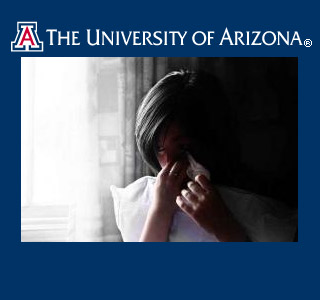
The scientist claimed that the effects of interpersonal relationships are not considered and urged for a more detailed understanding of depression caused due to both biological and social influences. He centered his attention on research related to social skills, interpersonal responses to depression and dysfunctional interactions among family members. It has been assumed that the relationship between social skills and depression is robust.
Chris Segrin, head of the UA’s communication department and author of the chapter ‘Depressive Disorders and Interpersonal Processes’ said, “Researchers haven’t been able to isolate a single cause that leads to depression. But, what we are learning is that to have a complete understanding of depression, we must have a strong understanding of what is happening interpersonally to a person.”
Depressed people may sometimes lack social skills, but the way their relationships operate can contribute to heightened feelings of depression. This theory seems to be especially applicable to individuals who are clinically or mildly depressed.
Segrin commented, “Depressed people often get into situations that are difficult because their depressive behaviors are really off-putting to other people. Naturally, the depressed person can’t help that, but they are being cast aside by their social network. This actually maintains their depressive state.”
Depressed people apparently have a tendency to feel rejected and generally ‘sabotage’ some particular situations by arriving at them with built-in negativity. The behavioral scientist mentioned that this requires a shift, as seeking treatment or therapy for mental health issues remains unknown. Segrin advised that depressed people can reorient their negative thoughts about treatment, seek out the treatments that work best and improve their interpersonal relationships.
Segrin explained, “Depressed people often are their own worst enemy. They will go into situations that produce the very outcomes they dread. So depressed people must become aware of this and monitor their own behavior.”
He further elucidated that awareness amongst people is very crucial as it may take immense amount of patience to live with or be in a close relationship with a depressed person. Patients facing depression can be encouraged to seek help and normalize treatments so they do not feel weak or like a failure.
